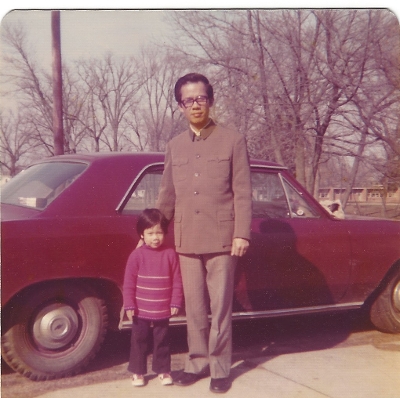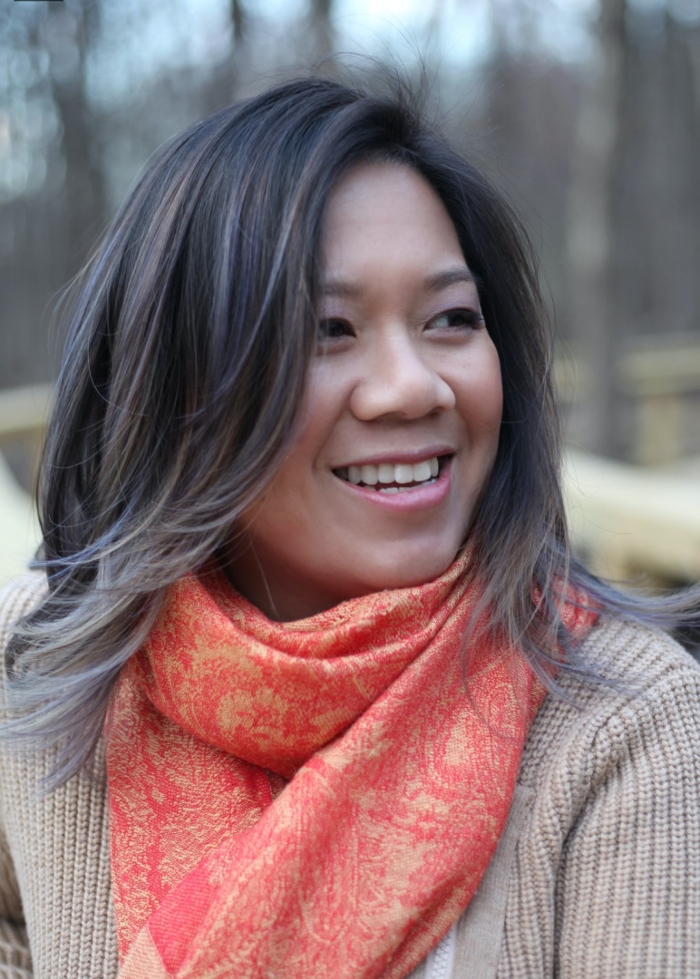Sometimes personal stories take a long time before they’re shared. Such was the case with Watercress, which is based on my own memory of picking watercress by the side of the road. At first, it seemed too inconsequential an event to share with my own children. These were kids who picked blueberries in the summer and apples in the fall.
 Sometimes personal stories take a long time before they’re shared. Such was the case with Watercress, which is based on my own memory of picking watercress by the side of the road. At first, it seemed too inconsequential an event to share with my own children. These were kids who picked blueberries in the summer and apples in the fall. Their schools had vegetable gardens. “You pulled up greens and ate them,” I envisioned them saying. “So what?” It was that so what part that stumped me for a long time. This memory haunted me, but I didn’t know why. What was the big deal?
Sometimes personal stories take a long time before they’re shared. Such was the case with Watercress, which is based on my own memory of picking watercress by the side of the road. At first, it seemed too inconsequential an event to share with my own children. These were kids who picked blueberries in the summer and apples in the fall. Their schools had vegetable gardens. “You pulled up greens and ate them,” I envisioned them saying. “So what?” It was that so what part that stumped me for a long time. This memory haunted me, but I didn’t know why. What was the big deal?
I worked on the story for years, alternating between revising it and stuffing it back into the drawer. It wasn’t until I’d lost my parents and grandparents that I sat down with it again and looked at it through a new lens — a lens of grief and regret. I allowed myself to remember and feel what it had really been like to stand in that roadside ditch — the confusion, embarrassment, anger, resentment, and shame. It wasn’t a happy memory about foraging, I realized. It was a microcosm of my entire childhood. And then, by writing a version of my mother’s own childhood experience of hardship into the story, I was able to forge a new connection to her, to apologize, and to forgive myself.

The original red car. Photo courtesy of Andrea Wang.
Watercress isn’t purely autobiographical. The ending isn’t how it actually happened. In reality, I didn’t come to understand and accept my parents and their life experiences until I was an adult. They, too, had trouble sharing their personal stories. Like so many immigrants, they were focused on moving forward, not looking back. They opened up more once I was in college. I took courses in Chinese history, which helped fill in many blanks. The ending I wrote to the story was the way I wished that day spent picking watercress had ended, with understanding and hope and love. It’s what I wish for readers, too — that they will see the value in sharing their stories and, in doing so, reach a deeper understanding of and connection to one another.
[Read Horn Book reviews of the 2021 BGHB Picture Book winners.]
 Because the story was so personal, I had a hard time seeing it as a picture book at first. I am immensely grateful to my agent, Erin Murphy, and my editor, Neal Porter, for their vision and belief. I can’t thank illustrator Jason Chin enough for conveying the layers of memory and emotion in such resonant and exquisite artwork. Huge thanks to art director Jennifer Browne for her expert guidance and to the entire Holiday House team for their support.
Because the story was so personal, I had a hard time seeing it as a picture book at first. I am immensely grateful to my agent, Erin Murphy, and my editor, Neal Porter, for their vision and belief. I can’t thank illustrator Jason Chin enough for conveying the layers of memory and emotion in such resonant and exquisite artwork. Huge thanks to art director Jennifer Browne for her expert guidance and to the entire Holiday House team for their support.
To the readers who have shared their own stories of foraging, of feeling excluded, of the complex emotions they felt as children of immigrants — thank you. In a time of increased isolation and fear due to the pandemic, you have bolstered me and strengthened my belief in our common humanity. Last but not least, heartfelt thanks to the Boston Globe and the Horn Book for this incredible honor. As a native Bostonian, it means more than I can say.
From the January/February 2022 issue of The Horn Book Magazine. Read illustrator Jason Chin's BGHB speech here. For more on the 2021 Boston Globe–Horn Book Awards, click on the tag BGHB21. Read more from The Horn Book by and about Andrea Wang.



 Sometimes personal stories take a long time before they’re shared. Such was the case with Watercress, which is based on my own memory of picking watercress by the side of the road. At first, it seemed too inconsequential an event to share with my own children. These were kids who picked blueberries in the summer and apples in the fall. Their schools had vegetable gardens. “You pulled up greens and ate them,” I envisioned them saying. “So what?” It was that so what part that stumped me for a long time. This memory haunted me, but I didn’t know why. What was the big deal?
Sometimes personal stories take a long time before they’re shared. Such was the case with Watercress, which is based on my own memory of picking watercress by the side of the road. At first, it seemed too inconsequential an event to share with my own children. These were kids who picked blueberries in the summer and apples in the fall. Their schools had vegetable gardens. “You pulled up greens and ate them,” I envisioned them saying. “So what?” It was that so what part that stumped me for a long time. This memory haunted me, but I didn’t know why. What was the big deal?
 Because the story was so personal, I had a hard time seeing it as a picture book at first. I am immensely grateful to my agent, Erin Murphy, and my editor, Neal Porter, for their vision and belief. I can’t thank
Because the story was so personal, I had a hard time seeing it as a picture book at first. I am immensely grateful to my agent, Erin Murphy, and my editor, Neal Porter, for their vision and belief. I can’t thank 




Add Comment :-
Comment Policy:
Comment should not be empty !!!